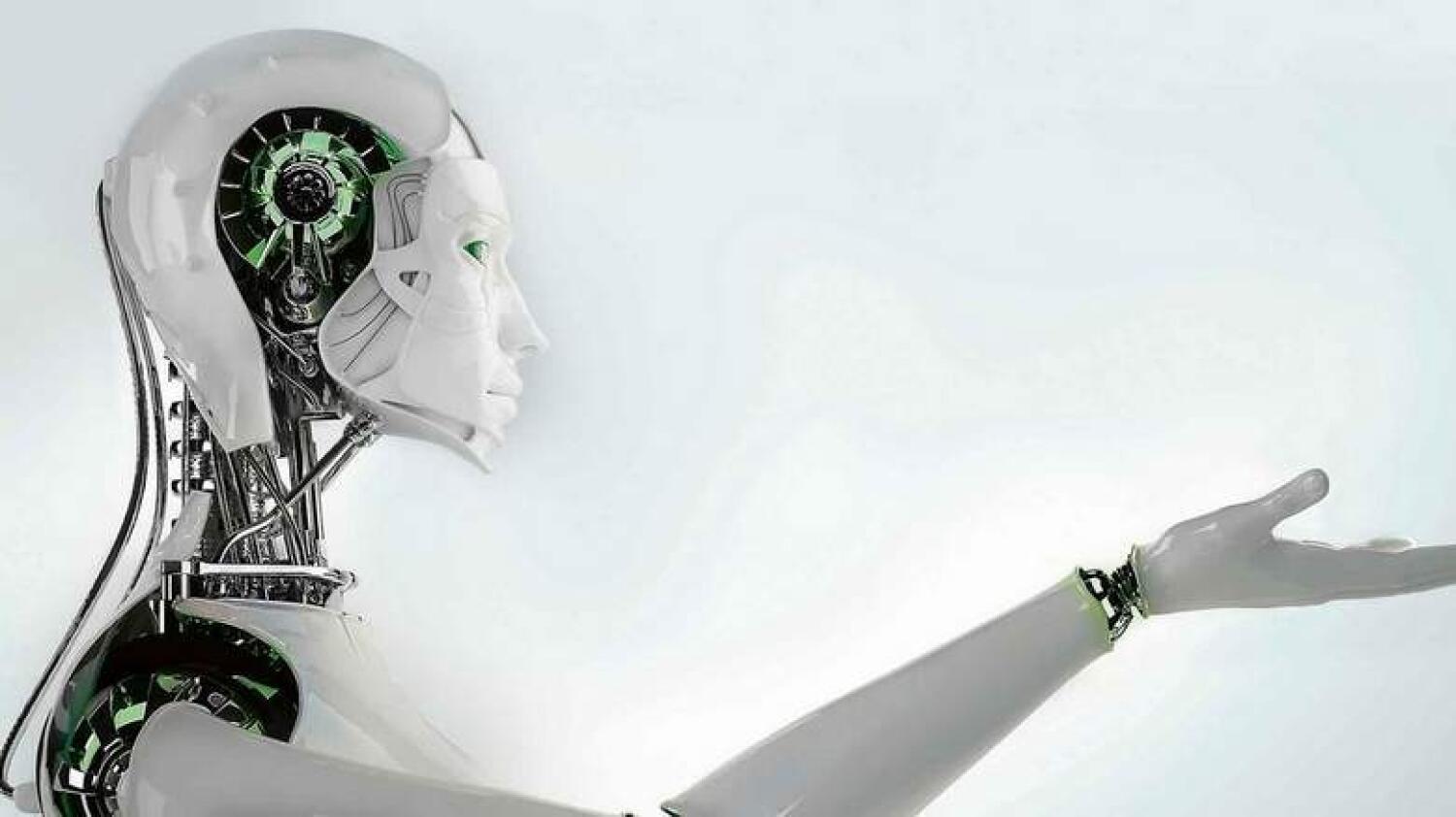Artificial Intelligence (AI) is increasingly becoming a part of our daily lives, influencing various sectors in ways we might not always recognize. While the arrival of computers once sparked fears of job loss, history shows that they have created new roles, such as computer engineers and IT specialists. Now, AI is stepping into the spotlight, prompting society to reassess its potential as either a threat or a boon.

In their article, Khaleej Times says that anxiety surrounding new technology is not new; each innovation has historically caused concern. When computers were introduced, many believed their existence would lead to widespread unemployment. However, they not only created jobs but also transformed entire industries. AI is following a similar path, with the potential to give rise to entirely new professions, such as “AI Empathy Trainers” or “Algorithmic DJs.” History teaches us that while disruption can be daunting, it often leads to significant opportunities for adaptation and growth.
AI is already integrated into many aspects of our lives, often without us realizing it. For example, when Netflix recommends a show for you to watch, or when your phone autocorrects your texts, AI is at work. In professional settings, doctors utilize AI to quickly diagnose diseases, while teachers use it to customize lessons for their students. Even food delivery apps rely on AI to ensure your meals arrive hot and fresh. Self-driving cars exemplify this technology’s advancements, though they still face challenges, such as misidentifying objects. Ultimately, AI aims to enhance our lives rather than replace human capabilities.
Nonetheless, the rise of AI raises important questions that cannot be overlooked. Concerns about job displacement are valid, as rapid adoption could leave many unemployed. Furthermore, there is the fear that AI could exacerbate social divides between the wealthy and less privileged. More alarmingly, some speculate about a future where AI becomes self-aware and questions its relationship with humanity. Despite these fears, AI also offers promising solutions for pressing global challenges, such as predicting natural disasters and addressing climate change. Its advanced capabilities could even help prevent future pandemics and support farmers in reducing crop losses.
The concept of an “AI swamp” has emerged, where AI systems collaborate and combine their strengths to solve complex problems that individual models cannot tackle alone. This environment serves as a digital meeting ground for AI agents to brainstorm and develop solutions efficiently. For instance, an executive’s personal AI might explore investment opportunities while working alongside a real estate AI to match properties with the executive’s preferences for sustainability. Such collaborations can enhance decision-making speed and accuracy, as AI systems can analyze data and generate recommendations far more quickly than humans alone.
Real-world examples of these collaborations are already evident in logistics and healthcare sectors. In logistics, AI systems might optimize supply chains while simultaneously factoring in weather forecasts to prevent delays. In healthcare, one AI might analyze medical scans while another reviews patient histories to suggest personalized treatment options. Customer service is also benefiting from AI, with chatbots and analytics tools working together to identify and resolve customer issues more effectively. These AI “swamps” facilitate knowledge sharing, ultimately leading to better and more informed outcomes.
Looking ahead, AI is not just a glimpse into the future; it is actively shaping our present. As various sectors incorporate AI technologies, we can expect quicker problem resolution and innovative solutions that exceed our expectations. Envision a future where AI operates as a supportive partner, enhancing quality of life while simplifying tasks. While AI has the potential to complicate aspects of our lives, history suggests that we will adapt effectively to these changes.
It is essential to continue questioning the evolution of AI and strive to make it fair and user-friendly. Ultimately, AI is a tool designed to assist us, not dominate our lives. As we move forward, we should embrace its potential while remaining mindful of its challenges.

Leave a Reply